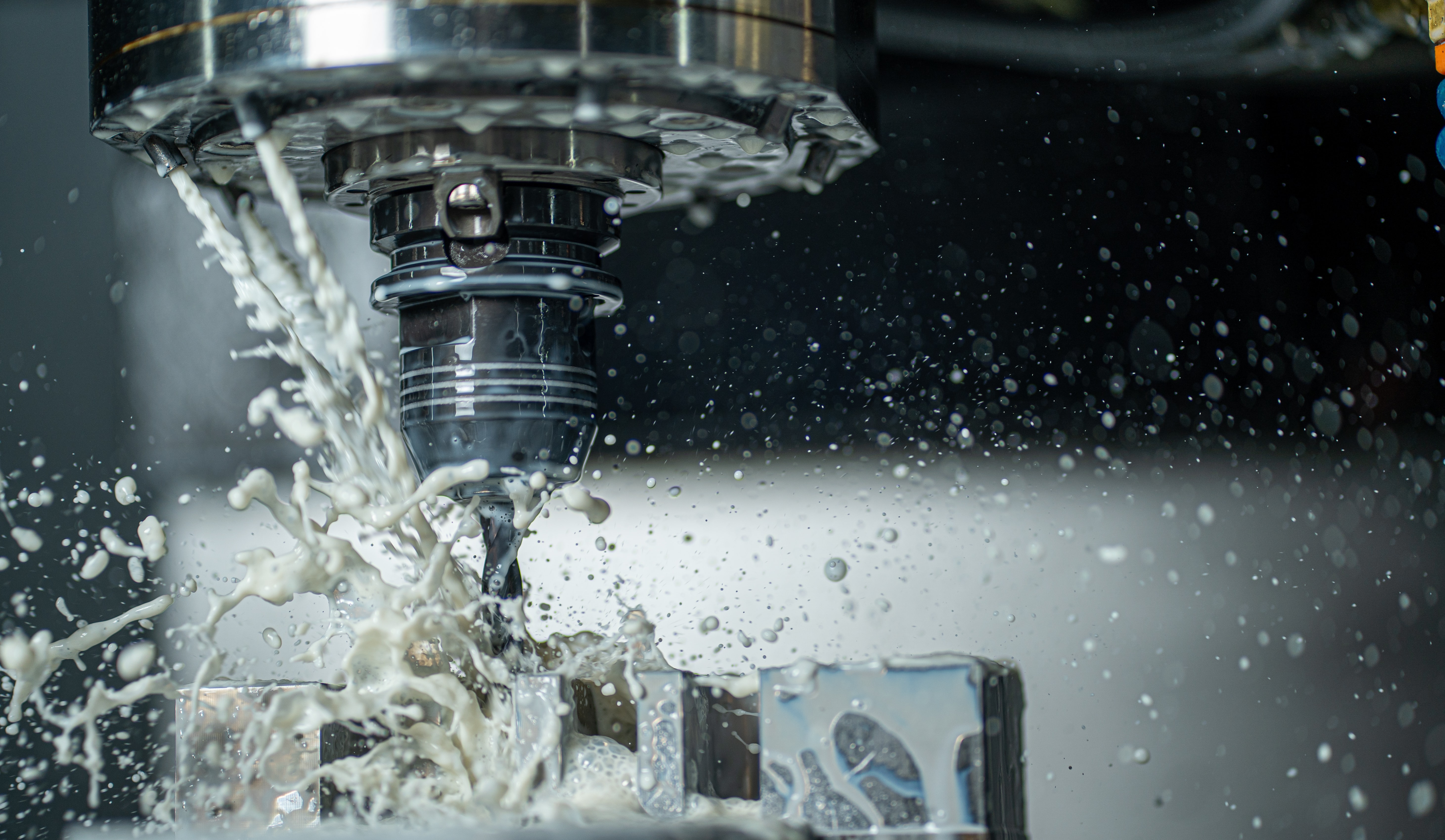ME338 - Manufacturing Processes II

Instructor
Amber Shrivastava
Section
S2
Semester
Autumn ‘20
Course Difficulty
Not very difficult, certainly easier than Manufacturing Processes I
Time Commitment Required
Not more than an hour a week
Grading Policy and Statistics
Although AAs were far and few, overall grading wasn’t too bad. Grades were pretty much uniform to all four sections.
9 AAs, 34 ABs, 40 BBs out of 166 students.
9 FRs were awarded.
Attendance Policy
None
Pre-requisites
Manufacturing Processes I (ME206)
Evaluation Scheme
Best 3 out of 4 Quizzes: 30%
1 Assignment: 10%
Midsem: 20%
Endsem: 40%
Topics Covered in the Course
Manufacturing Processes: Mechanics of Machining, Tool and tool wear, Machining optimization, Chatter and lubrication, Grinding and finishing, Non-conventional machining processes (Abrasive water jet, laser beam, ultrasound, electrochemical, electron beam, ion beam), Fixturing and workholding
Metrology: Fits and Limits, Statistical Quality Control using Control Charts, Surface roughness parameters
Teaching Style
Classes were held live on Zoom, with slides usually uploaded beforehand.
Prof. Amber was very interactive and would try to engage the class in whatever way was possible.
Tutorials/Assignments/Projects
The solitary assignment had 4 long answer type numerical questions that had to be solved and turned in within about 3 days.
Feedback on Exams
Prof. Amber used a novel technique to conduct all his exams. Exams would usually have an objective section and a subjective section. The objective section was a Moodle quiz that would contain n questions to be solved in n/2 minutes (n ~ 10-15), which means that only those who had studied the slides thoroughly would be able to complete the question paper.
The subjective section had about 4 long-answer questions, but the professor would upload one question at a time on Moodle. Students had about 10-15 minutes once a question was uploaded to submit their solution on Moodle, following which he would reveal the next question.
This pattern took some getting-used to, but was highly rewarding for those who took the pains to read the slides and practise problems beforehand.
For the subjective part, a large majority of the grade (>50%) depended on the correctness of final answer.
Course Highlights
The section on non-conventional machining processes is actually quite interesting and is a modern-take on age-old manufacturing techniques - one of the few courses in the curriculum to have contemporary elements.
Course Importance
Most certainly for those interested in the manufacturing (CIM) side of mechanical.
Going Forward
This opens up a wide array of advanced manufacturing courses. Look out for Solid State Joining (ME460), Advanced Joining Technology (ME636), Laser Material Processing (ME677), Ultra-precision Machining (ME730) and so on. For whatever reason, there is no shortage of manufacturing courses running every semester, so you should be able to pick and choose based on your inclinations.
References Used
Manufacturing Processes for Engineering Materials (Kalpakjian and Schmid)
Introduction to Manufacturing Processes (Schey)
Fundamentals of Machining and Machine Tools (Boothroyd and Knight)
Advanced Fixture Design for FMS (Nee, Whybrew and Senthil Kumar)
Metrology for Engineers (Galyer and Shotbolt)
ME 338 Review By: Aditya Iyengar